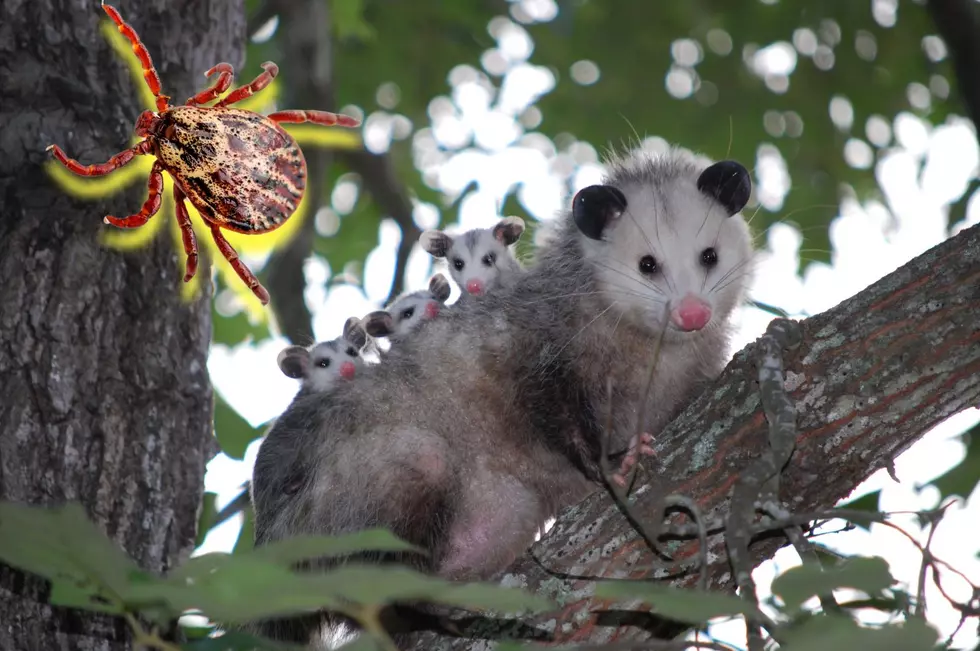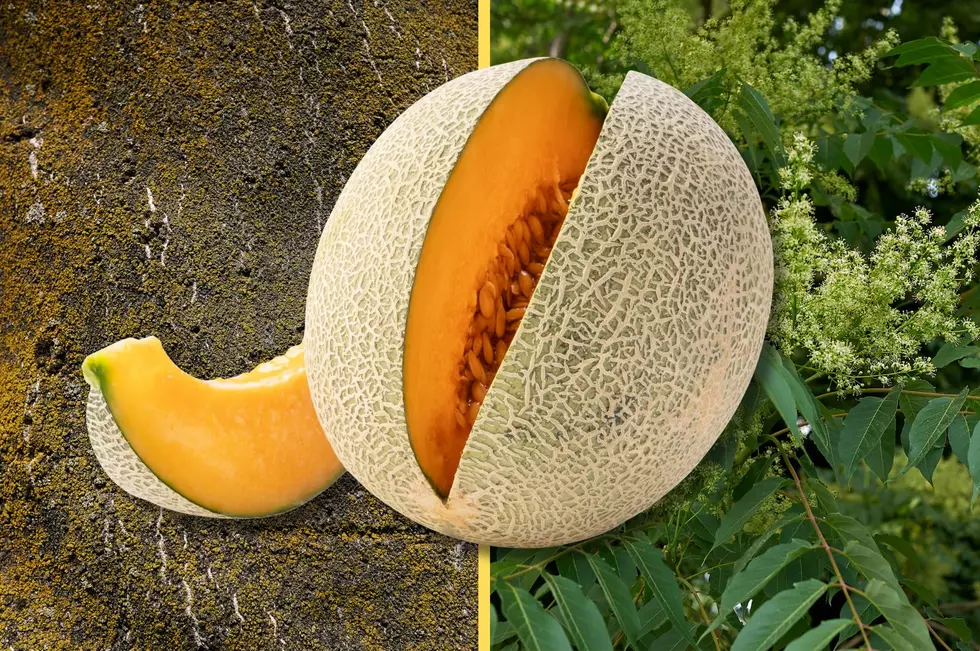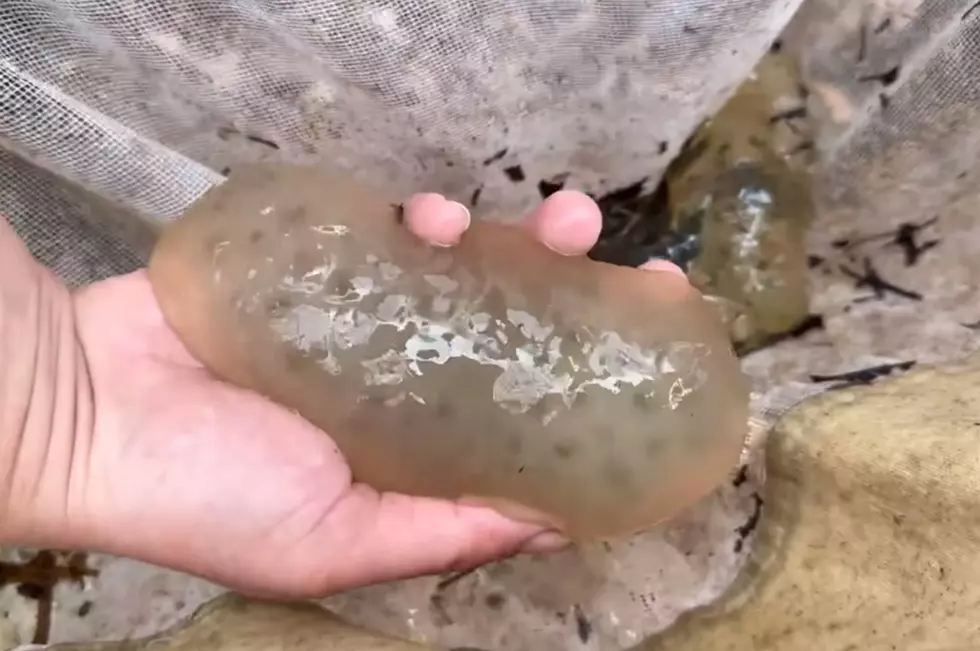
Is Everybody’s Favorite Fact About New York Possums a Lie?
Possums (or Opossums if you want to be fancy about it) are one of the coolest animals in New York. Unfortunately, one of their best-known qualities might be nothing more than smoke and mirrors.
Possums are special for several reasons. Not only are they the only marsupial in North America, but their naturally low body temperature means that they are nearly immune to rabies. New Yorkers' favorite fact about possums, however, might not be true at all.
Do Possums Really Eat Ticks in New York?
Despite their impressive characteristics, possums still seem to be one of the most polarizing members of New York wildlife (is it their long bald tails?). This ambivalence has led many organizations to launch educational campaigns to show how important the animals are to the ecosystem, including how helpful they are at eliminating disease-carrying ticks. One scientist is pushing back.
Pushback on New York Possums as Tick-Eating Machines
Former biology professor Cecilia Hennessy has published research that refutes the claim that possums are nature's natural defense against ticks. While one 2009 study stated that possums were estimated to consume up to 5,000 larval ticks each week, Hennessy decided to take a closer look.
Did Researchers Get It Wrong About Possums and Ticks?
Examining the stomach contents of 32 possums, Hennessy reports that none contained any evidence of tick consumption. Going a step further, Hennessy and her research team compiled reports of 1,280 separate instances of possum stomach analysis (some dating back to the 1800s), and found no mention of ticks in the possums' stomachs or digestive tracts in any instance. So how could we have been so wrong?
Possible Oversights in Possum/Tick Study in New York
Hennessy cites several possible oversights in the original study that may have contributed to misinformation. In 2009, researchers put several live possums in separate enclosures along with 100 ticks. When there were hardly any insects left after four days, scientists reportedly assumed the ticks had all been consumed by the possums. One step, Hennessy says, could have prevented the erroneous findings.
Read More: [PHOTOS] Massive Black Bear Makes Off with Groceries in New Paltz
Why Do New Yorkers Believe that Possums Eat Ticks?
Hennessy writes that the original New York study declined to check the captive possums for ticks that may have still been feeding before re-releasing the possums into the wild. Hennessy proposes that the ticks that had "disappeared" over the four day time period weren't eaten by the possums, but were rather still feeding, undetected.

Even if possums aren't the tick-eating machines they were once thought, it shouldn't change the way they're viewed in New York. Possums are one of the least-threatening and adorable (you should see them as babies) animals in the local ecosystem, and should treated with respect. Check out another adorable New York family below.
Frolicking Beaver Family Swims in the Hudson Valley
Gallery Credit: Jonah
Hudson Valley Wildlife Gallery
Gallery Credit: Paty Quyn
More From WRRV-WRRB


![[VIDEO] Can You Identify These Tiny New York Animal Babies?](http://townsquare.media/site/704/files/2024/05/attachment-71-Degrees-2024-05-07T114723.774.jpg?w=980&q=75)






